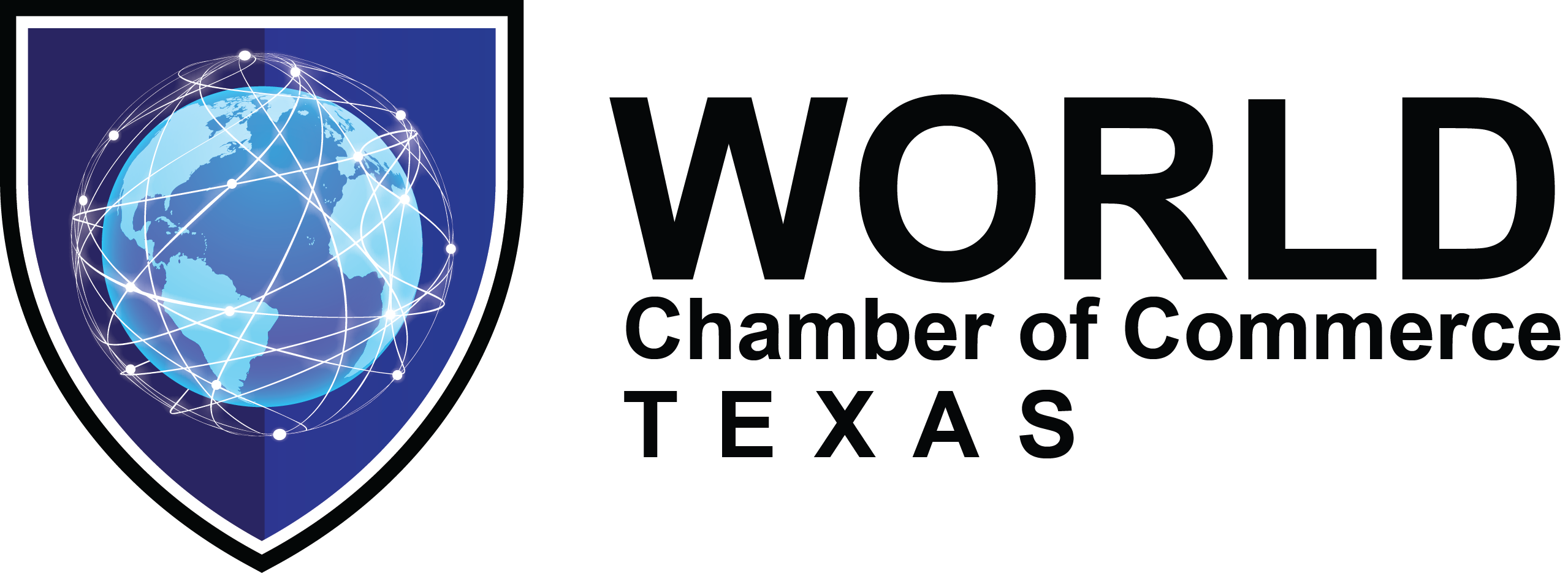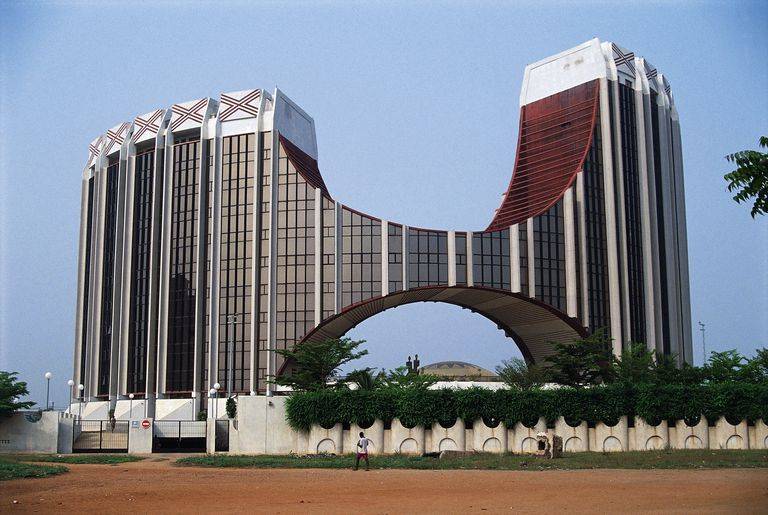Economic Community of West African States (ECOWAS). Established on May 28 1975 via the treaty of Lagos, ECOWAS is a 15-member regional group with a mandate of promoting economic integration in all fields of activity of the constituting countries. Member countries making up ECOWAS are Benin, Burkina Faso, Cape Verde, Cote d’ Ivoire, The Gambia, Ghana, Guinea, Guinea Bissau, Liberia, Mali, Niger, Nigeria, Sierra Leone, Senegal and Togo
Considered one of the pillars of the African Economic Community, ECOWAS was set up to foster the ideal of collective self-sufficiency for its member states. As a trading union, it is also meant to create a single, large trading bloc through economic cooperation. Integrated economic activities as envisaged in the area revolve around but are not limited to industry, transport, telecommunications, energy, agriculture, natural resources, commerce, monetary and financial issues, social as well as cultural matters.
Expectations of economic integration have always been high and a lot has been accomplished by the regional group since the endorsement of the treaty which gave it the required legal teeth. Going by current assessments, the regional body has exceeded the expectations of its founding fathers. Today, the organization is being acknowledged globally as a successful regional body, a toast to a workable integration and regional co-existence.
The Vision of ECOWAS is the creation of a borderless region where the population has access to its abundant resources and is able to exploit same through the creation of opportunities under a sustainable environment. What ECOWAS has created is an integrated region where the population enjoys free movement, have access to efficient education and health systems and engage in economic and commercial activities while living in dignity in an atmosphere of peace and security. ECOWAS is meant to be a region governed in accordance with the principles of democracy, rule of law and good governance.
The Commission is headed by a President, a Vice President, 12 Commissioners and an Auditor-General. All 15 are collectively referred to as Statutory Appointees with a four-year tenure. With this in place, ECOWAS is now pre-occupied with the implementation of critical and strategic programmes that will deepen cohesion and progressively eliminate identified barriers to full integration as envisaged. Efforts have been made in harmonizing macroeconomic policies and private sector promotion towards achieving economic integration. These efforts have given rise to some initiatives which include implementation of the roadmap for the ECOWAS single currency programme, monitoring and evaluation of performance and macroeconomic convergence, management of the ECOWAS Macroeconomic Database & Multilateral Surveillance System (ECOMAC) as well as co-operation with other regional and international institutions.
Within a region energized by a common purpose, West African citizens can also take ownership for the new vision of moving from an ECOWAS of states to an ECOWAS of people by 2020.
BENIN BURKINA FASO CABO VERDE CÔTE D’IVOIRE The GAMBIA GHANA GUINEA GUINEA BISSAU LIBERIA MALI NIGER NIGERIA SENEGAL SIERRA LEONE TOGO
To achieve this objective, the Authority adopted a resolution in June 2007 to introduce the transformational ECOWAS Vision 2020. The ECOWAS Vision 2020 is aimed at setting a clear direction and goal to significantly raise the standard of living of the people through conscious and inclusive programmes that will guarantee a bright future for West Africa and -shape the destiny of the region for many years to come. In this connection, the President of the ECOWAS Commission was directed to mobilize the citizens of the region to the vision, and help to achieve it by 2020. It is gratifying that the visioning process has achieved remarkable progress, culminating in the formulation and preparation of this Vision Document. This accomplishment represents a significant step, given the commendable effort to involve all relevant stakeholders in the visioning process. This involvement within and outside government machinery, augurs well for the achievement of our common objective of a much better West Africa.
The Idea is to make the ECOWAS Vision 2020 a people’s document and make both the region’s integration and development process people-centered and people-driven. This paradigm shift in attitudes and institutional orientation is vital if the region is to create an environment in which the business community and the general public will have a shared vision and work together to realize the development aspirations of the people and achieve equitable and broad-based growth, sustainable development and poverty eradication.
The Vision Document is also emphatic and unequivocal about the other changes to be made in the way the political and socio-economic life of the region is viewed and managed. It constitute the necessary and vital new orientations that must be embraced by West African to successfully bring an end to poverty and deprivation. As clearly enunciated in the document, the Vision 2020 is feasible and realizable. For it to happen, all stakeholders in the West African enterprise need to make required changes in their policy formulation and implementation, as well as their institutional capacity.
Vision 2020 has the lofty goal of transforming ECOWAS from a body of states to a community of people. The ECOWAS is guided by its fundamental Principles in all its dealings with member states, citizens and other external bodies. These principles are enshrined in the Treaty of the Community, which is also the fundamental document bringing the members together. The ECOWAS fundamental Principles states that: In pursuit of the objectives stated in Article 3 of the ECOWAS Treaty, solemnly affirm and declare their adherence to the following principles:
- equality and
inter-dependence of Member States;
- solidarity and collective self-reliance;
- inter-State co-operation, harmonisation of policies and integration of programmes;
- non-aggression between Member States;
- maintenance of regional peace, stability and security through the promotion and strengthening of good neighbourliness;
- peaceful settlement of disputes among Member States, active Co-operation between neighbouring countries and promotion of a peaceful environment as a prerequisite for economic development;
- recognition promotion and protection of human and peoples’ rights in accordance with the provisions of the African Charter on Human and Peoples’ Rights;
- accountability, economic and social justice and popular participation in development;
- recognition and observance of the rules and principles of the Community;
- promotion and consolidation of a democratic system of governance in each Member State as envisaged by the Declaration of Political Principles adopted in Abuja on 6 July, 1991;
- equitable and just distribution of the costs and benefits of economic co-operation and integration.

